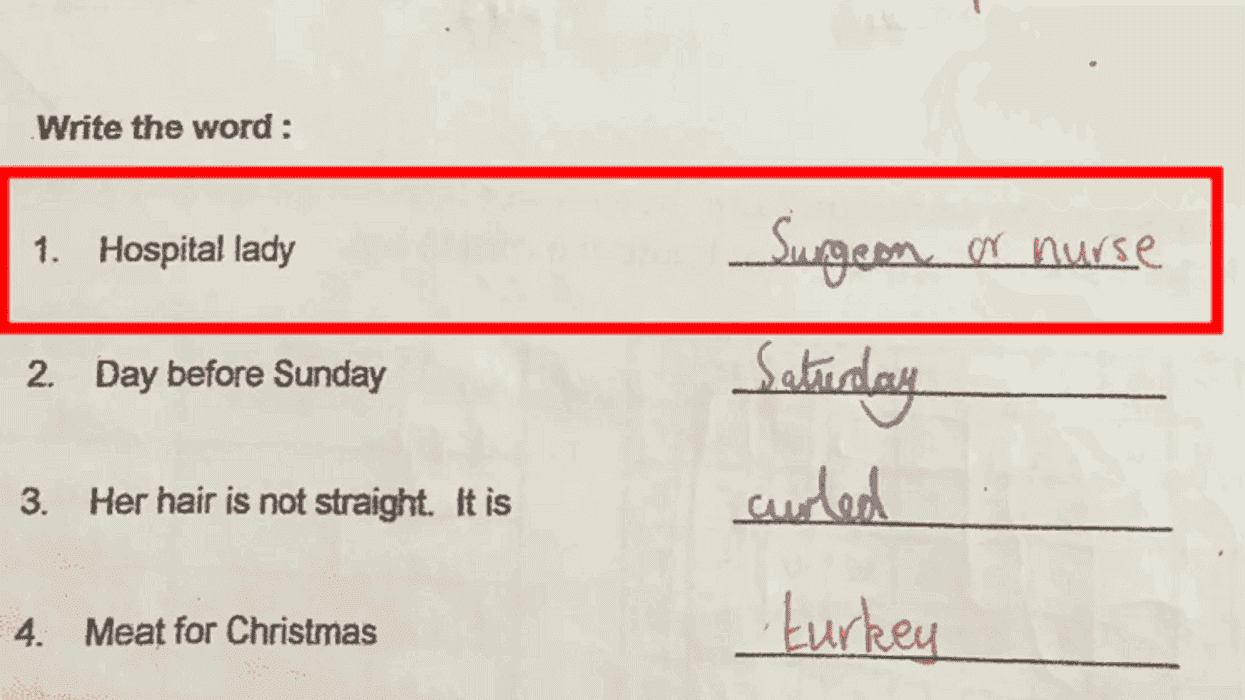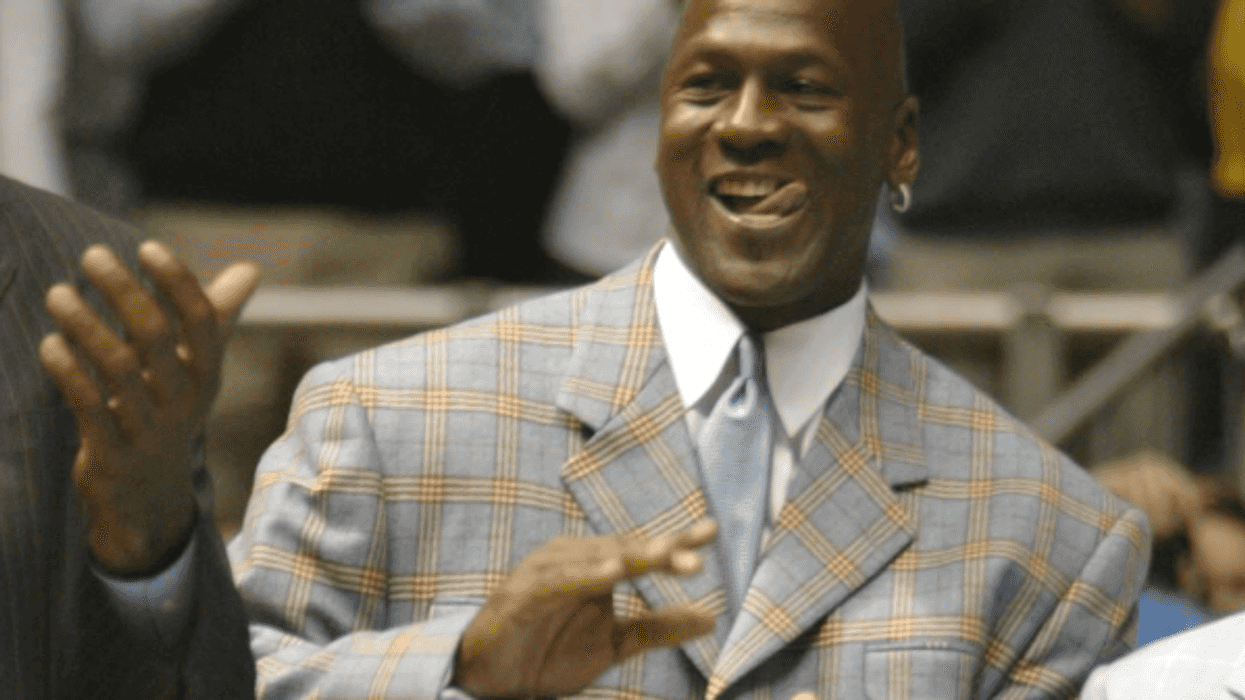When Marc Yu checked his mailbox in Vacaville, California, in May 2019, he found a typed letter that stunned him and his wife, Sandy. It wasn’t just anonymous, it was personal, presumptuous, and deeply racist. The author, claiming to speak on behalf of the neighborhood, demanded the Yu family leave within 60 days. Their offense? Existing while being an interracial family.
"Your interracial family is not welcome here."
— anonymous letter
The note, addressed to "the tenants at 1216 [REDACTED STREET]," opened with condescension about the Meadowlands neighborhood and its supposed standards. It claimed residents had lived there for over 20 years and took pride in its “cleanliness and quiet atmosphere.” It then veered into an outright attack:
“Renters like yourselves cannot possibly afford a home in our area... This is not the ghetto.”
The author made it clear they believed the Yu family were renters, accusing them of damaging the front lawn and threatening to contact the “landlords” if they didn’t vacate the home within 60 days. The writer ended the letter by admitting to anonymity “for my protection” and signing off with the ominous warning: “the clock is ticking.”
"This is not the ghetto."
— anonymous letter
The assumptions were wrong. The racism was loud.
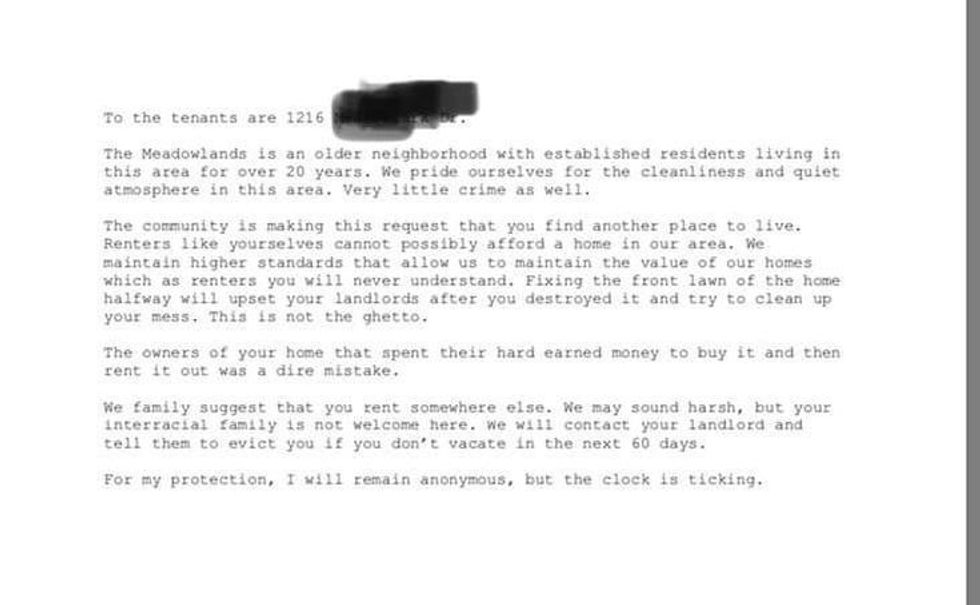
Beyond the raging racism and cowardly anonymity, there was another problem with the letter: Marc and Sandy Yu weren’t renters. They owned their home. Marc is a home financing professional who helps others secure mortgages for a living. Their financial stability and commitment to their community were never in question—except in the eyes of someone who saw their race first and their humanity last.
Marc and Sandy have three young children, and they’re not just residents, they’re active community members. Marc helps lead Girl Scout Troop 30477. They’re Golden State Warriors fans, deeply rooted in the local culture, and known by neighbors for being kind, hardworking, and welcoming.
The neighborhood pushed back
News of the letter spread quickly, and support for the Yu family poured in. One neighbor, Kelly Natividad, said, "As I kept reading it, it just got worse and worse and very offensive. It’s just frustrating to know that [there are] people [who] are obviously racist in our community."
"As I kept reading it, it just got worse and worse and very offensive."
— Kelly Natividad
Marc shared with local media that 7 of the 8 homes on his block were occupied by interracial families—making the letter’s assumptions even more absurd. Vacaville Police opened an investigation and took the letter seriously, with Lt. Mark Donaldson calling it “very disturbing.”
"At this point, we don’t know if there’s any crimes," he said, acknowledging the emotional weight the note carried regardless of legal technicalities.
In the years since...
The Vacaville Police Department later concluded that while the letter was “disgusting and disturbing,” it did not meet the legal criteria for a hate crime. No suspect was identified, and the investigation was closed. But the story didn’t end there.
"The letter was disgusting and disturbing."
— Vacaville Police Department
The Yu family continued to live in their home, supported by neighbors who made it clear that intolerance wasn’t welcome. They received messages of solidarity from strangers and fellow residents alike. Marc and Sandy remained committed to their home, their children, and their community work. They chose resilience and grace in response to hate, refusing to be intimidated.
As of the latest updates, there have been no further incidents. The Yus are still proud residents of Vacaville, and by all accounts, are as welcomed as ever.
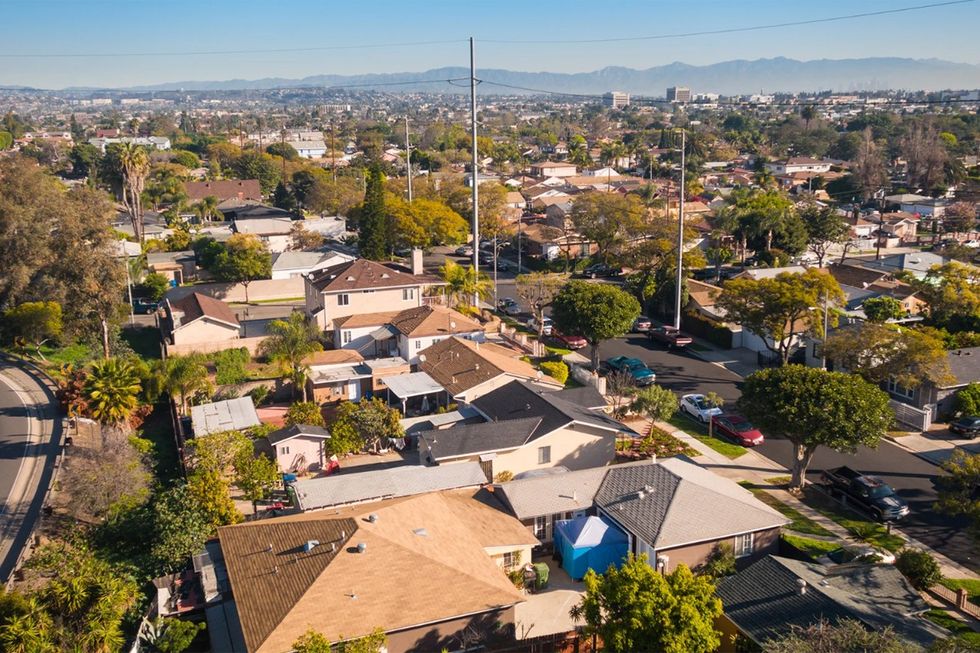
More good than bad
Marc and Sandy’s story is a case study in the quiet, insidious nature of modern racism, masked in assumptions and sealed in an envelope. But it’s also a reminder that compassion and community are louder. When the anonymous writer told the Yu family to leave, their neighbors told them to stay.
If you’re reading this and it makes you angry, good. Use that anger. Speak up. Stand with your neighbors. Support policies and leaders that protect marginalized communities. And never let anonymous hate speak louder than visible love.
The clock may be ticking, but it's counting down to something better.
This article originally appeared four years ago.





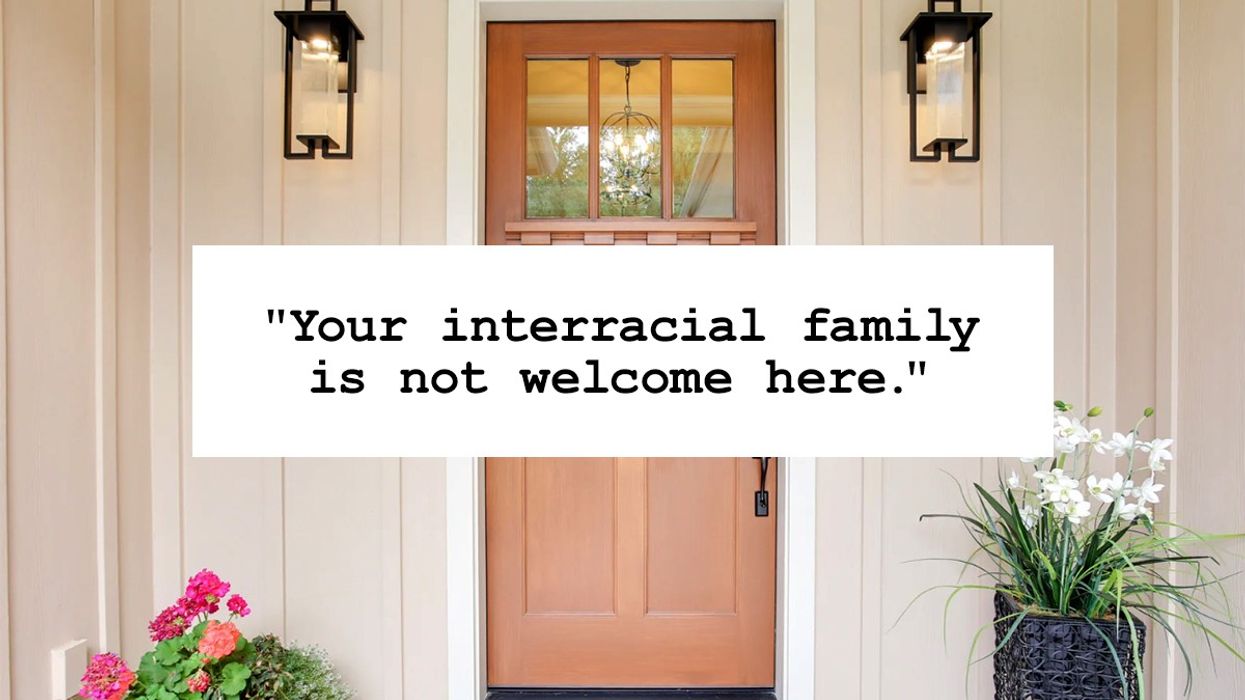

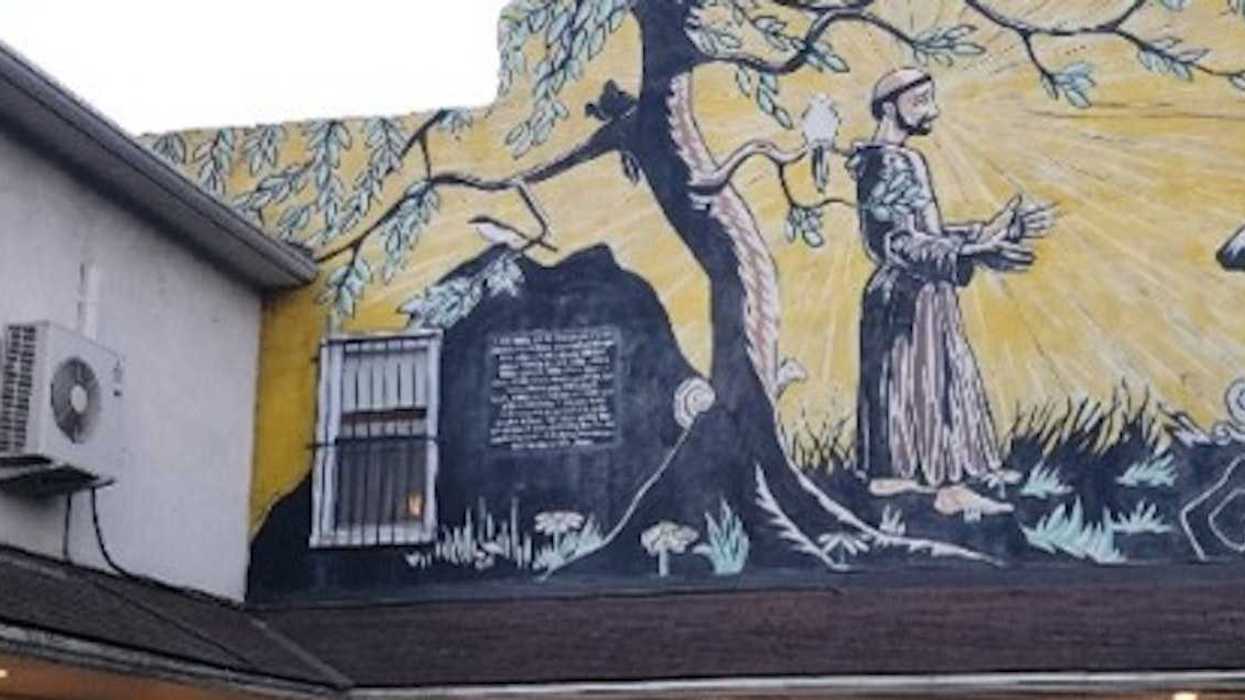
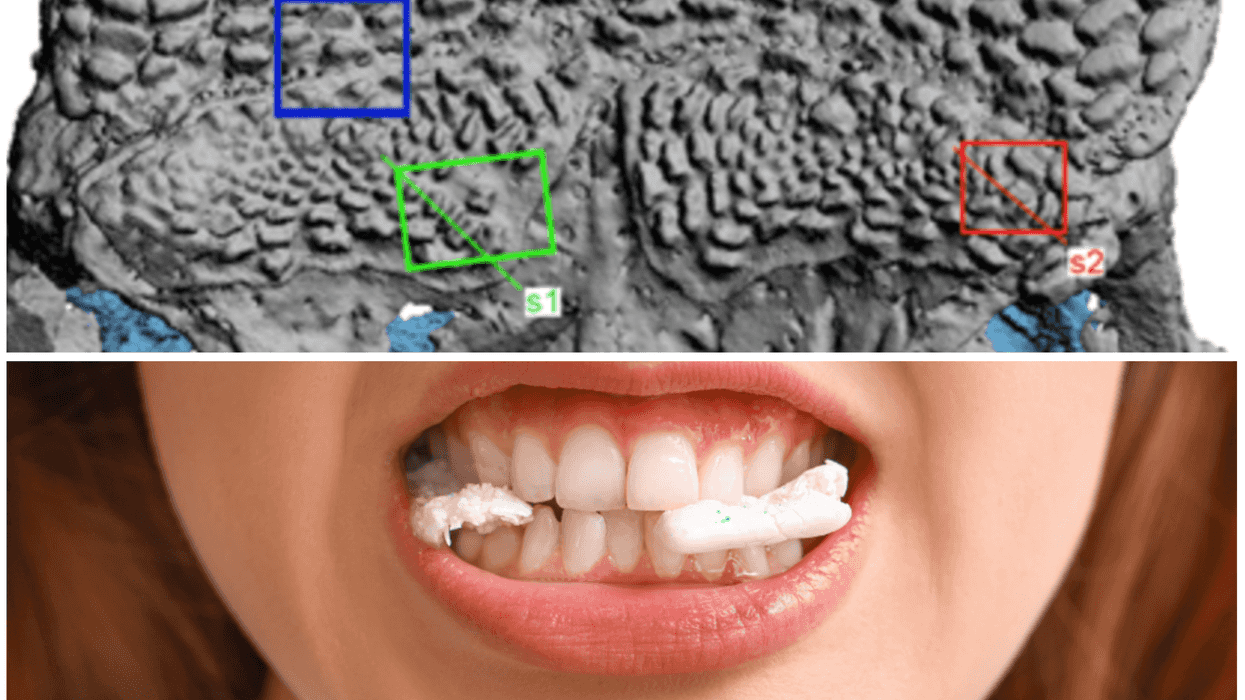









 A young person doing their monthly budgetCanva
A young person doing their monthly budgetCanva
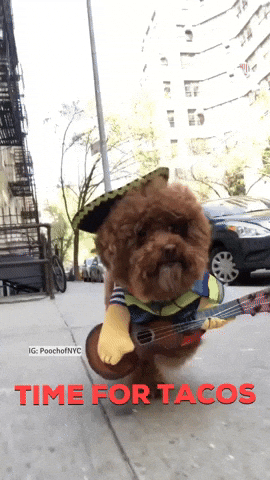 Gif of little dog holding guitar with caption "Time For Tacos" via
Gif of little dog holding guitar with caption "Time For Tacos" via 

 A woman scrolls through a dating appCanva
A woman scrolls through a dating appCanva
 A young woman scrolling on her phoneCanva
A young woman scrolling on her phoneCanva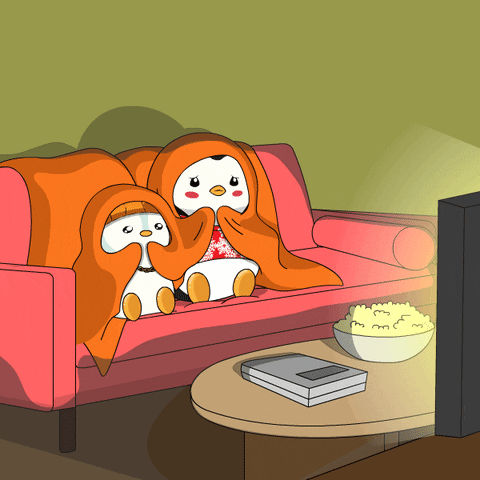 Gig of two cartoon penguins watching TV via
Gig of two cartoon penguins watching TV via 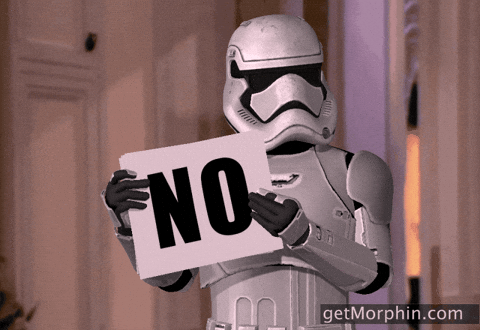 Gif of a storm trooper flipping through sings that say 'no' via
Gif of a storm trooper flipping through sings that say 'no' via 